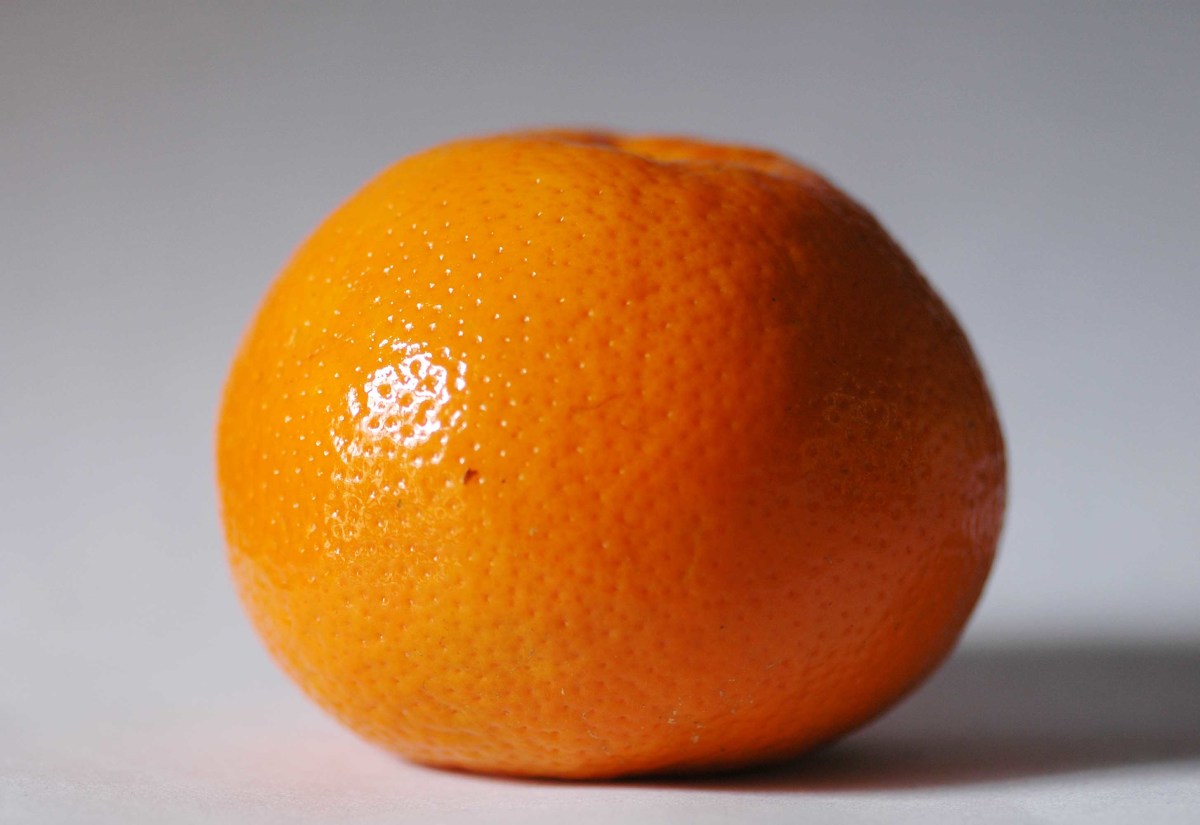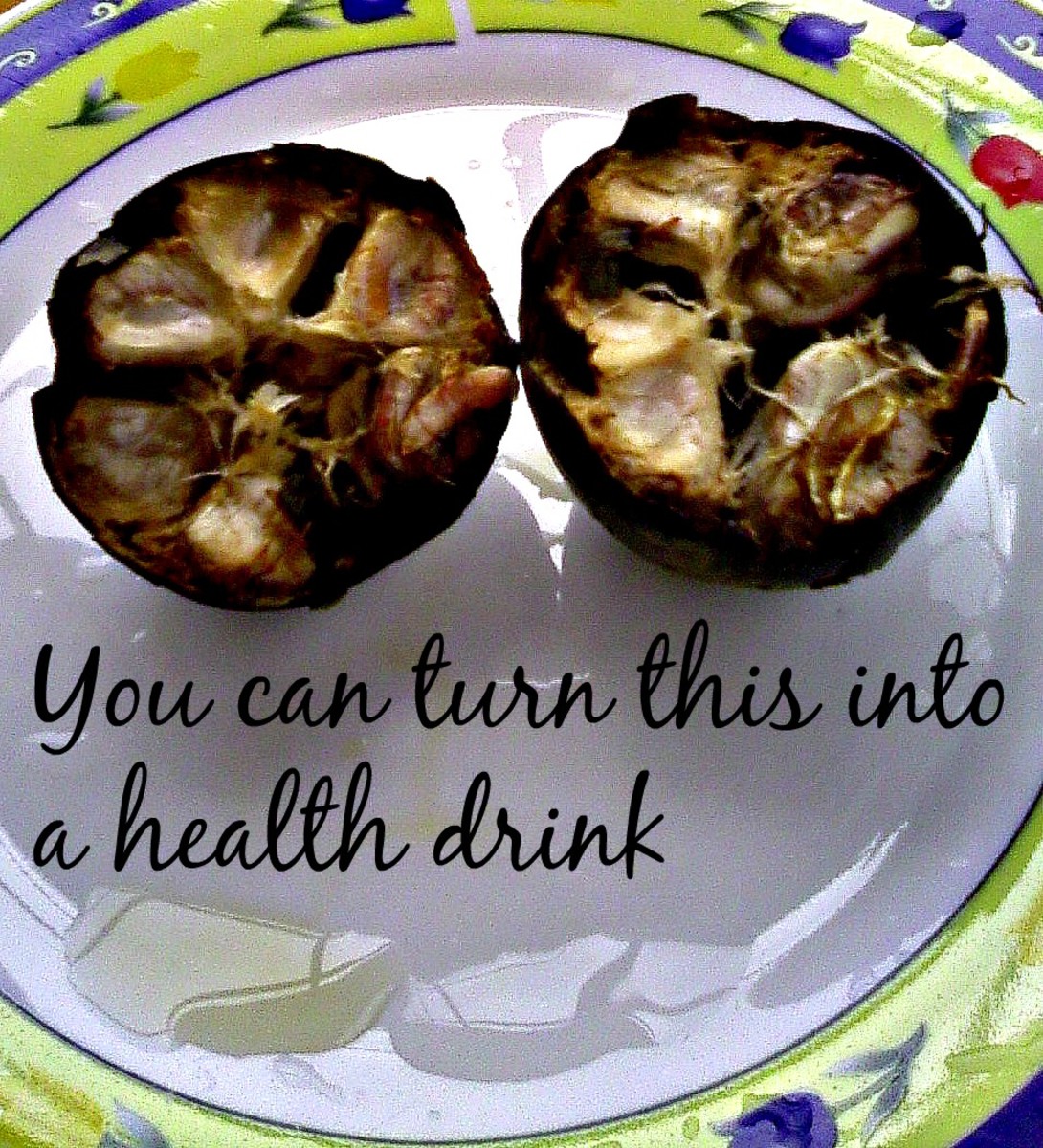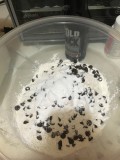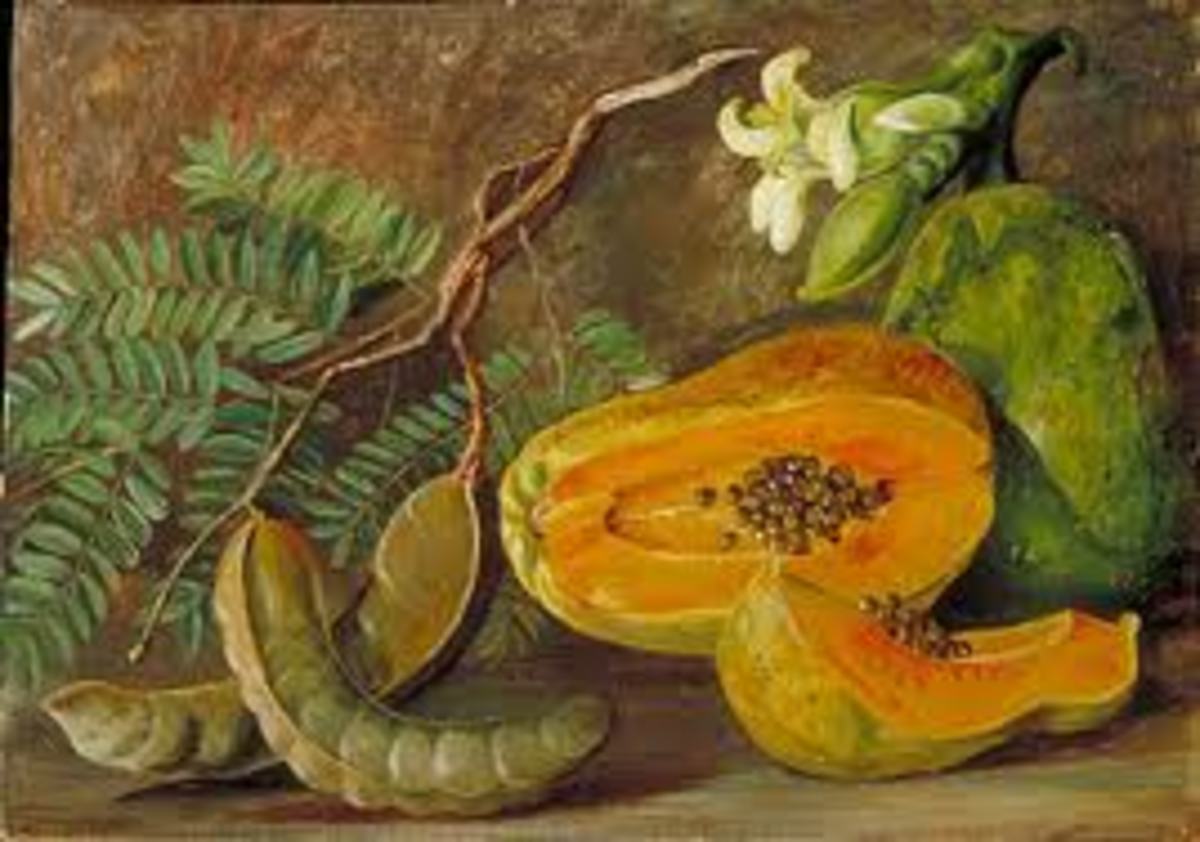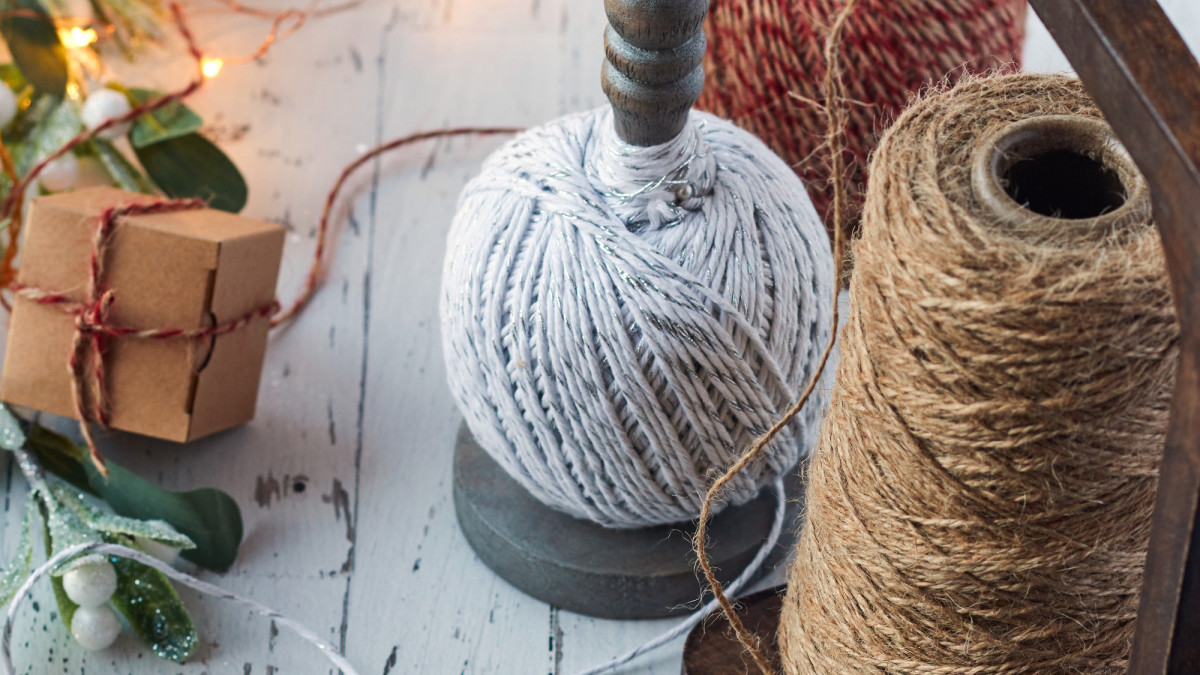Orange Wassail: East Meets West With A Time-Honored Holiday Recipe
Oranges are holiday gold
Oranges are symbols of generosity, prosperity, and happiness, in the western world as well as in many Asian countries. That means that all over the world oranges hold a certain revered status, particularly when it comes to holiday celebrations.
In Christmas lore, St. Nicholas gave three balls of gold to a poor shopkeeper who had no money for a dowry for his three daughters. Oranges are full and bright and round, and thus resemble balls of gold. The gesture of giving oranges at Christmas symbolizes the gift of giving freely with no thought of return.
In Chinese traditional folklore, oranges are a symbol of good luck and prosperity. There is even a similarity in the Chinese language between the words for good luck and for orange. Traditionally, oranges are given out during the Chinese New Year as a gift of well wishes for a happy future.
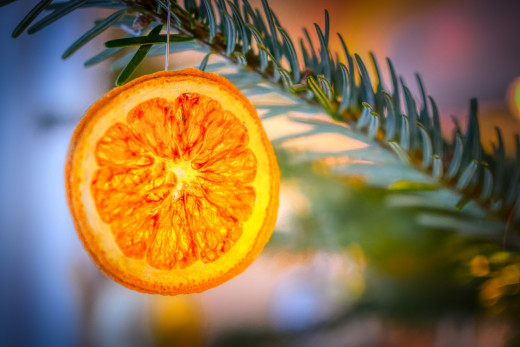
Nutritional gold: Oranges pack a punch
Oranges as a remedy for winter dryness
In Chinese medicine every food has a distinct taste (i.e., acrid, sweet, bitter, pungent) and meridian (meridians are aligned with the organs such as lung, kidney, large intestine) correspondence. Organs denote not just the physical aspect, or anatomical definition, but also the energetic assigned to it. For example, Stomach is capitalized in Chinese Medicine vernacular to indicate the dynamic energetic of the organ's role in breaking down foods, and as the main source of fluids in the body. These correspondences correlate with the medicinal value of the food, and this includes all categories of foods from fruits, to vegetables, grains, and animal foods as well.
Oranges are sweet and sour, and enter the Lung and Stomach channels. Because the Stomach is the “source of fluid” and the Lung is the “source of qi,” oranges can be very beneficial for a weak and dry constitution. Such a body type is characterized by a thin and somewhat frail constitution, possible respiratory and/or digestive weaknesses, and a tendency to tire easily.
It should also be mentioned that fall and winter are drier seasons, and therefore, oranges provide a general type of remedy this time of year that can boost overall health for everyone.
West meets east
From a western nutritional standpoint, the vitamin C content in oranges is higher than that in lemons, lime, tangerine or grapefruit (Nagy, 1980). Vitamin C is an important antioxidant that helps prevent the development of disease, and also protects against inflammation, thereby helping to ward off cardiovascular problems (Terry, 2011).
All citrus fruits contain flavonoids and pectin, which add even more health benefits. I think by now everyone understands that fresh fruits and vegetables are important to health, because keeping cells "alive" increases one's ability to respond to potential invaders. Yet in many cases, we are still tempted to opt for the store-bought pasteurized version of fruits and veggies, at least when it comes to juices.
Healthy consumption
Not only will consumption of fresh fruits help prevent degeneration of cells, it is good for the planet and future crops.
Eating unprocessed foods leads to less waste and a smaller carbon footprint on the planet because it reduces the use of plastic containers and waste processing. I think this is important as there may be some karma involved in our "throw-away" food culture.
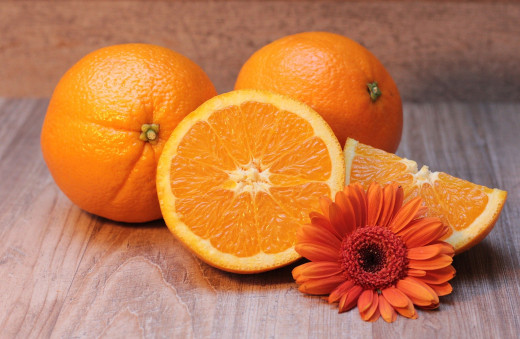
Oranges as classified in Chinese medicine
Channels
| Actions
| Chinese medicine benefits
|
Lung
| The Lung is the "source of qi" and plays a role in circulating energy (vital air) throughout the entire body. Oranges assist this function.
| Useful for dry cough, allergies, and fatigue with shallow breathing.
|
Stomach
| The Stomach is the "source of fluids" and functions best with wet and moist foods. (This is the reason that chewing foods slowly to moisten them prior to digestion is beneficial). Oranges are sweet which adds to their moistening nature per Chinese medicine.
| Oranges ease thirst, generate fluids and can even treat some types of nausea.
|
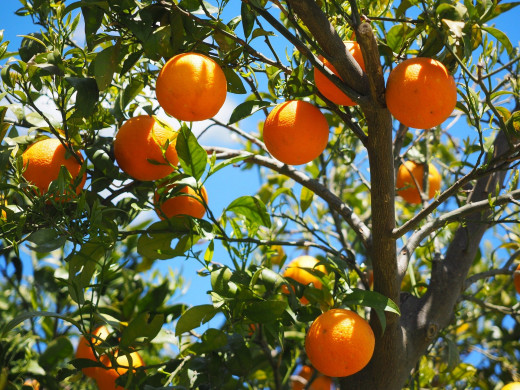
Holiday Throwback: Wassail
"Here we come a-wassailing
Among the leaves so green..."
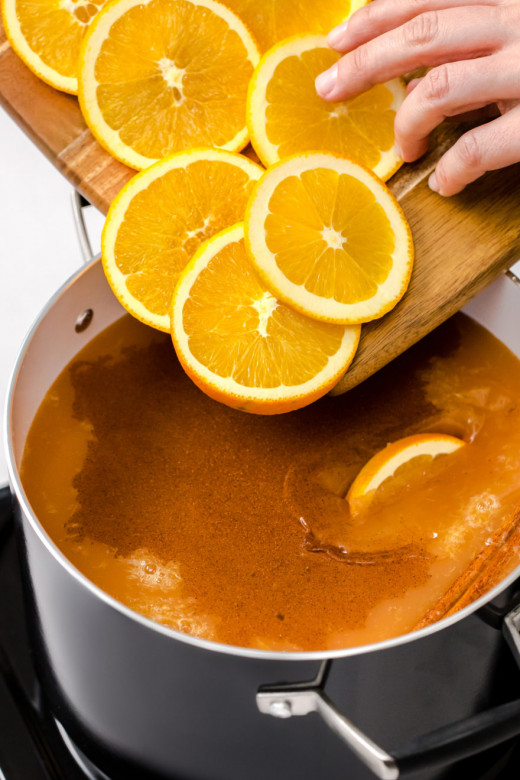
Holiday Orange Wassail
The traditional Christmas punch, wassail, has its origins as far back as the 13th century when wine was combined with cinnamon, clove, and other exotic spices that were quite expensive at that time (Doares, 2006). The ritualistic and traditional drinking of wassail began as a libation for the wealthy, but later evolved into a ceremonial act that demanded equality between the noble and working classes. The farmers and laborers would go to the homes of their landlords and offer them wassail punch, with the expectation of payment. This eventually evolved into other forms of holiday "bonuses" whereby the rich were expected to honor the less fortunate with special recompense. Boxing day, December 26th, or St. Stephen's day, is traditionally the day when employers dole out special gifts or rewards to their employees, a direct manifestation of this giving tradition as it was practiced in the 17th century (Doares, 2006).
Many versions of wassail punch have appeared throughout the centuries, some warm and some cold, and with various types of alcoholic and fruity bases. Everything from dark beer to wine to bourbon have been used, and the drink has been a ritual of “sharing the wealth” amongst all classes since very early days.
Orange Wassail Punch Recipe
Adapted from makeitgrateful.com
Ingredients
Makes 4 servings
-
Juice from 8 oranges and some zest (of one orange)
-
Two cups of apple cider or apple juice
-
One 16-ounce cranberry juice (unsweetened)
-
Juice from 4 lemons
-
3 tbsp. Blackstrap molasses or ½ cup maple syrup
-
1 tablespoon vanilla extract
-
1 stick cinnamon
-
1 tablespoon ground cloves
-
2 oranges, sliced (float on top if serving in a punch bowl or cut smaller to serve in mugs)
-
Add star anise (3 pieces) and ginger for extra warming power!
-
Bourbon or brandy are best alcohol choices to complement the citrus
Instructions
-
Combine orange juice, apple cider (or apple juice), cranberry juice and lemon juice in a large pot. (Alternatively use a slow cooker and add all ingredients to cook on low for 3 hours).
-
Mix in vanilla extract, cinnamon, cloves (star anise and ginger if adding) and orange slices. Use a cheesecloth and wrap up the anise and chopped ginger (if using fresh).
-
Cook uncovered over medium heat until heated.
-
Stir in alcohol after the mixture is heated through (brandy or bourbon are best choices to mix with citrus flavors). Serve in mugs with fresh orange peel or cinnamon stick as garnish.
Tip: Use a small amount of alcohol like ½ regular shot glass full per serving. That's plenty and will keep you and your guests on their feet longer!!
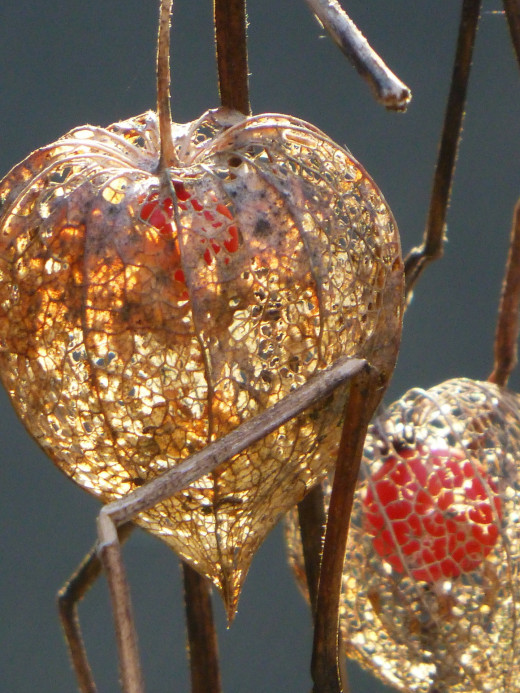
Toast to Health
As you toast to good health this year, may I suggest inviting someone in your circle or community who is without family or friends, to share in the celebration. This could be a simple knock on their door, invite to a holiday gathering, or cup of tea (or wassail)!
A simple invite to a small gathering often goes further to ease loneliness and feeling disconnected from others than any store-bought gift. Most people who feel lonely or depressed during the holidays do not hope for a lot of attention, and would likely be buoyed by a simple gesture of inclusion.
Even if the invitation is declined, the recipient will feel that they were honored and well thought of at this oh-so ritualistic time of year, when it is easy to feel left out in the cold, so to speak.
Hearth and home means many things, and whether yours be large or small, rich or poor, may you celebrate from the heart and soul. Wassail!!
REFERENCES
Doares, R. (2006). Wassailing through history. Retrieved from https://www.history.org/foundation/journal/holiday06/wassail.cfm
Holiday Orange Wassail Punch. (2017). Retrieved from https://www.makeitgrateful.com/living/celebrate/christmas/holiday-orange-wassail-punch/
Nagy, S. (1980). Vitamin C contents of citrus fruit and their products: A review. Journal of Agriculture and Food Chemistry. 28(1), p. 8-18.
Terry, L. (2011). Health-promoting properties of fruits and vegetables. United Kingdom: CABI.

